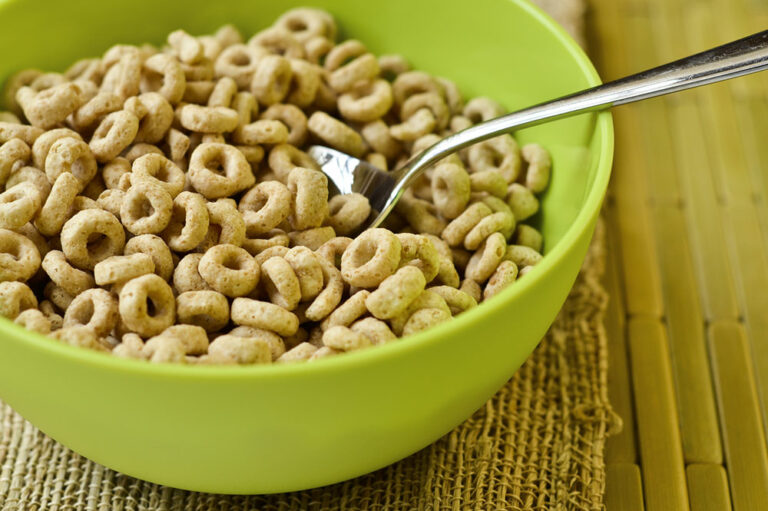
01
7 signs of high sugar intake that can cause health issues
Sugar can be a common part of daily meals in various forms, from desserts to hidden sugar in processed foods. While indulging in the occasional sweet treat is considered safe, excessive sugar intake can have a negative impact on health. This is why the American Heart Association recommends a daily limit of 36 grams of added sugar for men and 25 grams for women. To understand the impact of excessive sugar, here are signs to notice: Persistent sugar cravings When one has sugary foods, their blood sugar levels spike, providing a temporary energy boost. However, this spike is followed by a rapid drop in blood sugar, making them crave more sugar to regain that lost energy. The persistent cravings can make it challenging to control the sugar intake and contribute to overeating. Fatigue and energy crashes Sugar provides a quick yet short-lived boost of energy. After the initial spike, the blood sugar levels can quickly drop, causing fatigue and energy crashes. These fluctuations can make one feel lethargic and irritable, affecting daily activities and overall well-being. Skin issues Excess sugar intake can lead to elevated levels of insulin and insulin-like growth factor (IGF-1), which can stimulate the production of skin oils and contribute to clogged pores.
Read More 









